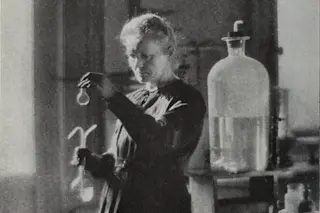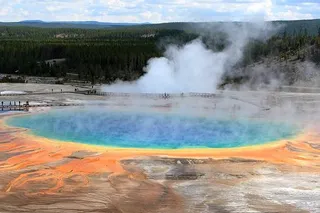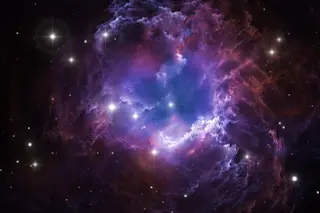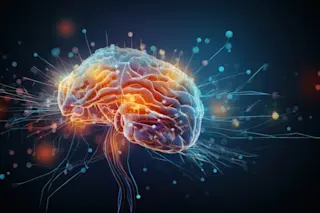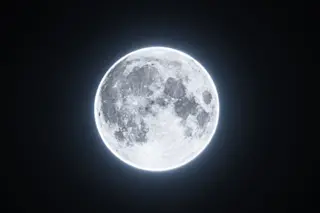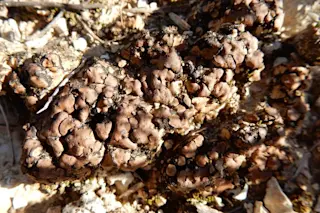Who are the greatest scientists of all time? Chances are, Albert Einstein, Isaac Newton, or other big names probably come to mind — and for good reason. Those scientists made remarkable discoveries and changed how we understand the world.
But far too often, women are left off the roster, even though they’ve long made significant strides in science — including in eras when they were excluded from formal education and careers in the field. It was only until recently that female scientists have come out of the shadows of history.
Throughout history, women in science have not only navigated but also challenged the turbulent waters of gender bias. They contributed groundbreaking work that has fundamentally reshaped our understanding of the world. From Ada Lovelace's pioneering work in computer programming to Marie Curie's revolutionary research in radioactivity, these women defied the norms of their times. Here are a few boundary-breaking women ...


